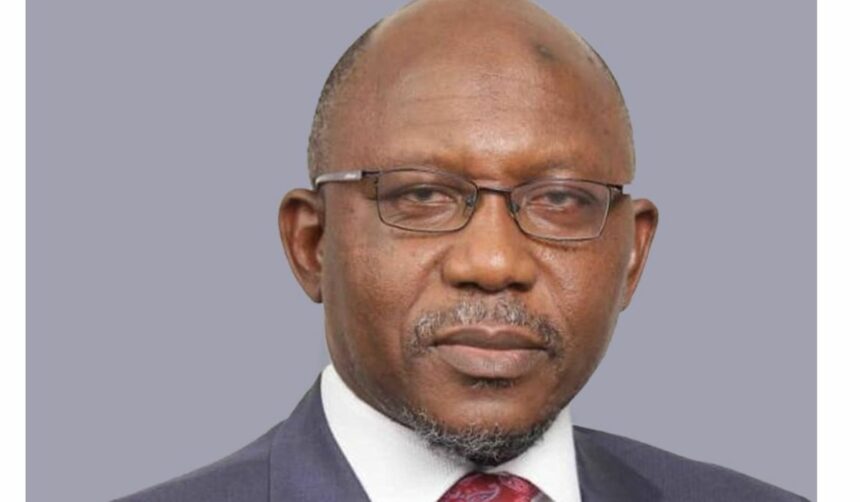The Central Bank of Nigeria (CBN) has introduced a revised regulatory framework for Bureau De Change (BDC) operations to address excesses and enhance transparency in the foreign exchange market.
As part of ongoing reforms, the CBN now mandates foreign exchange sellers to BDCs transacting $10,000 and above to declare their sources of forex.
Additionally, sellers are required to comply with anti-money laundering/combating the financing of terrorism (AML/CFT) regulations.
The guidelines, outlined by Haruna Mustapha, the Director of the CBN’s Financial Policy and Regulation Department, cover permissible activities, licensing requirements, corporate governance, and AML/CFT provisions for BDCs.
The framework also establishes new record-keeping and reporting requirements, with a condition that only entities authorized by the CBN can engage in BDC activities in Nigeria.
The guidelines define a BDC as a company licensed by the CBN to conduct retail foreign exchange business exclusively in Nigeria.
Commercial banks, merchant banks, non-interest banks, payment service banks, financial institutions, holding companies, payment service providers, and certain individuals are barred from promoting BDCs.
The guidelines specify permissible sources of foreign currency for BDCs, including tourists, returnees from the diaspora, expatriates, international money transfer operators, embassies, authorized hotels, the Nigerian Foreign Exchange Market, and other sources specified by the CBN.
BDCs are prohibited from engaging in street trading, maintaining accounts for the public, accepting assets for safekeeping/custody, taking deposits, granting loans, or conducting retail sales of foreign currencies to non-individuals (except for BTA, international outward transfers).
The guidelines aim to streamline BDC operations, enhance regulatory oversight, and curb illicit financial activities in the foreign exchange market.










